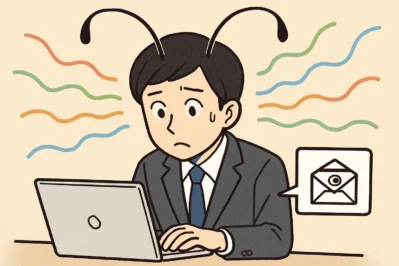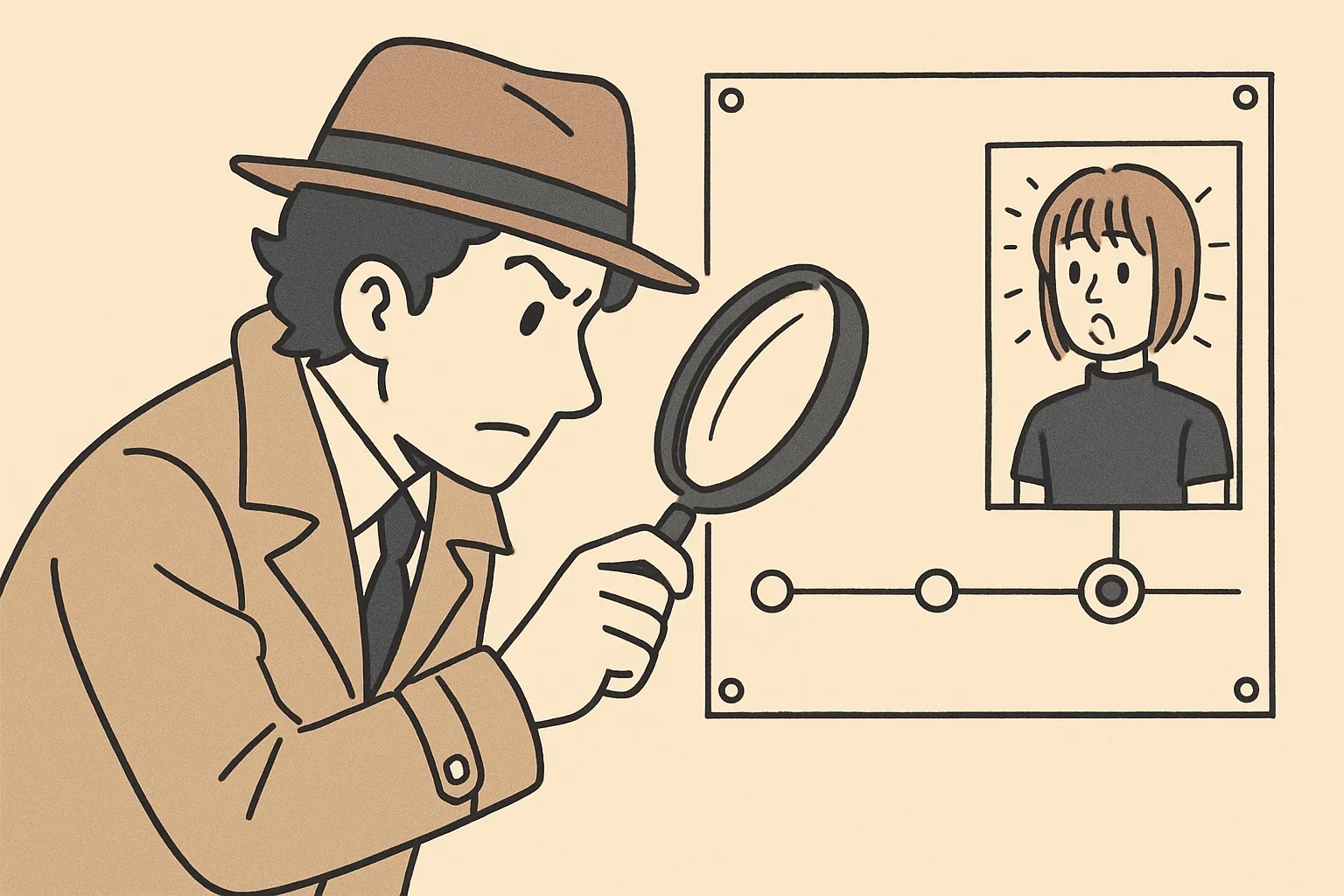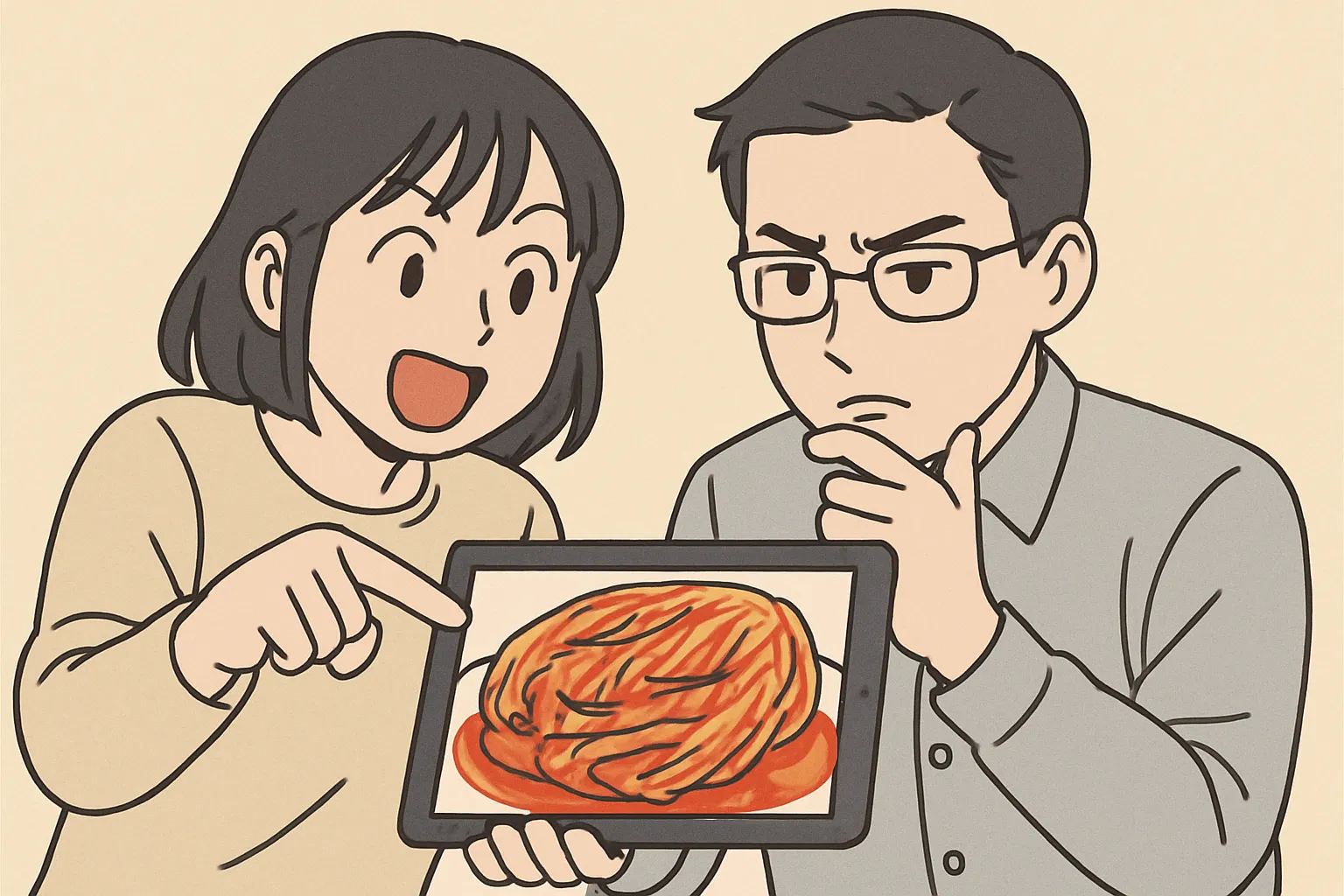Laugh or Launch? A Guide to Humor in Korean Business Emails
Hello! It’s your favorite Korean language guide, [Maeil Hangeul], here to upgrade your professional communication skills!
Today, we’re diving into a very advanced topic: using humor, irony, and satire in Korean business emails. This is a tricky area! A well-placed witty comment can build rapport and make you seem personable, but a poorly timed joke can cause a major misunderstanding. In today’s fast-paced Korean workplace, where clear and efficient communication is key, knowing when and how to inject a little lightheartedness is a C1-level skill that will truly make you stand out. Let’s explore how to add that subtle spark to your professional correspondence without getting lost in translation.
Core Expressions for the Witty Professional
Here are a few sophisticated phrases that can be used to add a touch of dry humor or irony. Notice that none of them are outright “jokes”—subtlety is everything.
1. 잘 아시겠지만 (Jal asigetjiman)
* Pronunciation [Romanization]: Jal a-si-get-ji-man
* English Meaning: As you are well aware… / As I’m sure you know…
* Detailed Explanation: This is a very polite and formal expression. On the surface, it shows respect for the other person’s knowledge. However, it can be used with a touch of irony to gently remind someone of something obvious (like an impending deadline) without sounding aggressive. It creates a “we’re in this together” feeling. It’s a soft but firm nudge wrapped in politeness.
2. 여담입니다만 (Yeodamimnidaman)
* Pronunciation [Romanization]: Yeo-dam-im-ni-da-man
* English Meaning: On a side note… / This is a bit off-topic, but…
* Detailed Explanation: This is the perfect phrase to signal a shift from the formal business at hand to a more personal or lighthearted comment. Use it to build rapport by mentioning a shared interest, wishing someone a good weekend, or making a brief, witty observation. It clearly separates the “work” from the “friendly chat” within the same email.
3. …은/는 덤입니다 (eun/neun deomimnida)
* Pronunciation [Romanization]: eun/neun deom-im-ni-da
* English Meaning: …is an added bonus / …comes with it for free.
* Detailed Explanation: This phrase is a cornerstone of Korean workplace sarcasm. “덤” means a freebie or an extra you get when shopping. It’s used ironically to describe an unwelcome but unavoidable consequence of a situation. For example, after describing a tough project, you might say, “주말 근무는 덤입니다” (Working on the weekend is a free bonus). It’s a self-deprecating way to comment on a difficult situation, best used with colleagues you know well.
4. 좋게 말해서… (Joge malhaeseo…)
* Pronunciation [Romanization]: Jo-ge mal-hae-seo…
* English Meaning: To put it nicely… / To put it mildly…
* Detailed Explanation: This is a classic setup for an ironic understatement. You use this phrase right before describing a negative situation in overly positive or neutral terms. It immediately signals to the reader that the reality was much worse. For example, “좋게 말해서 아주 독특한 클라이언트였어요” (To put it nicely, they were a very unique client) implies the client was actually a nightmare to work with.
Example Email Exchange
Let’s see how these phrases work in a realistic exchange between 김 대리 (Assistant Manager Kim) and 박 과장 (Section Chief Park), who have a comfortable working relationship.
Subject: Re: 3분기 ‘알파’ 프로젝트 결과 보고 건 (Re: 3rd Quarter ‘Alpha’ Project Result Report)
From: 김 대리 (Kim Daeri)
박 과장님,
잘 아시겠지만 마감이 내일이라 오늘 중으로 최종 검토 후 회신 부탁드립니다.
이번 프로젝트는 좋게 말해서 참 배울 점이 많은 경험이었습니다. 매일 계속되는 야근은 덤이었고요.감사합니다.
김대리 드림
(Translation):
Section Chief Park,
As you are well aware, the deadline is tomorrow, so I would appreciate it if you could give it a final review and reply by the end of today.
To put it nicely, this project was quite a learning experience. The daily overtime was an added bonus, of course.Thank you,
Assistant Manager Kim
From: 박 과장 (Park Gwajang)
김 대리,
내용 확인했고, 정말 고생 많았어요. 바로 피드백 드리겠습니다.
여담입니다만, 이 프로젝트만 끝나면 제가 맛있는 저녁 쏠게요. 스트레스는 역시 먹는 걸로 풀어야죠.박과장 드림
(Translation):
Assistant Manager Kim,
I’ve checked the contents, and you’ve really worked hard. I will give you feedback right away.
On a side note, once this project is over, I’ll treat you to a nice dinner. There’s no better way to relieve stress than with good food.Best,
Section Chief Park
Culture Tip: The Art of 눈치 (Nunchi)
Using humor effectively in a Korean professional setting is the ultimate test of your 눈치 (nunchi)—the subtle art of reading the room and understanding social cues.
- When to AVOID humor:
- First Contact: Never use jokes or irony in an initial email to a new contact.
- With Superiors (윗사람): Be extremely cautious. Unless you have a very close and established relationship, stick to formal language.
- Delivering Bad News: Humor can make you seem unprofessional or insensitive when discussing serious problems.
- Modern Trend: In younger, more horizontal organizations like startups (스타트업), communication is often more casual. You’ll see witty emojis (이모티콘) or even memes (짤) used in internal messengers like KakaoTalk or Slack. However, the formal email remains a space where traditional politeness is expected. The key is to know your audience and the company culture. Mastering this distinction will make you look like a native-level professional.
Let’s Review and Practice!
To sum up, professional humor in Korean is about subtle, ironic wit, not laugh-out-loud jokes. It’s a powerful tool for building relationships when used with good 눈치.
Now, let’s test your understanding!
1. Fill in the blank: You want to sarcastically describe a very demanding project to a close colleague.
“이번 프로젝트는 정말 힘들었어요. 엄청난 양의 서류 작업은 ______이었고요.”
(This project was so hard. The immense amount of paperwork was a ______.)
2. Scenario Quiz: You are writing an email to your boss to remind them about a report you sent yesterday. Which phrase is the most polite and subtly effective way to start your reminder?
A) 보고서 확인하셨어요? (Did you check the report?)
B) 잘 아시겠지만, 오늘까지 피드백이 필요합니다. (As you know, I need the feedback by today.)
(Answers: 1. 덤 2. B)
Great job today! Why not try using one of these phrases in a safe context? Leave a comment below creating your own sentence with “좋게 말해서…”






